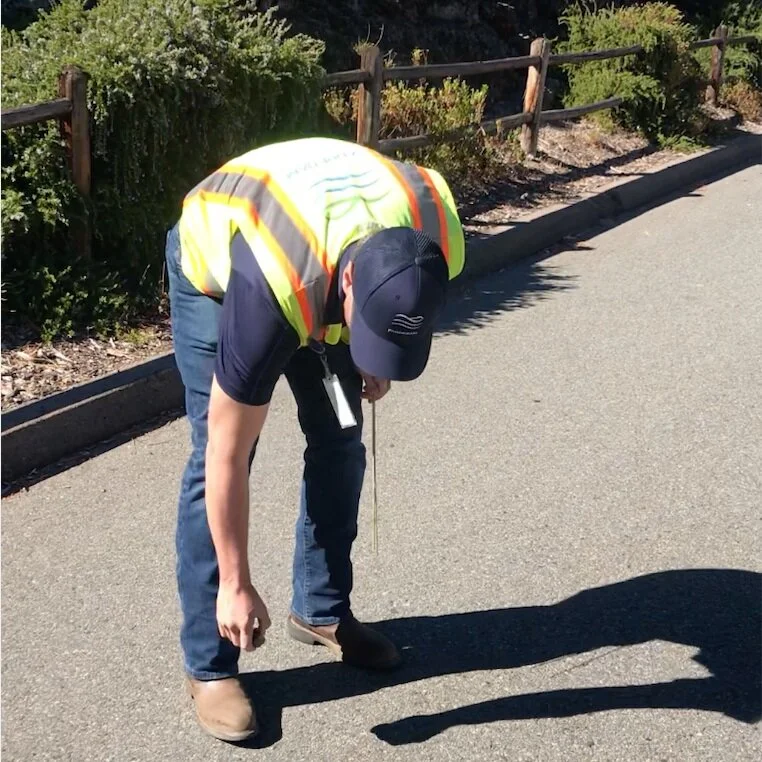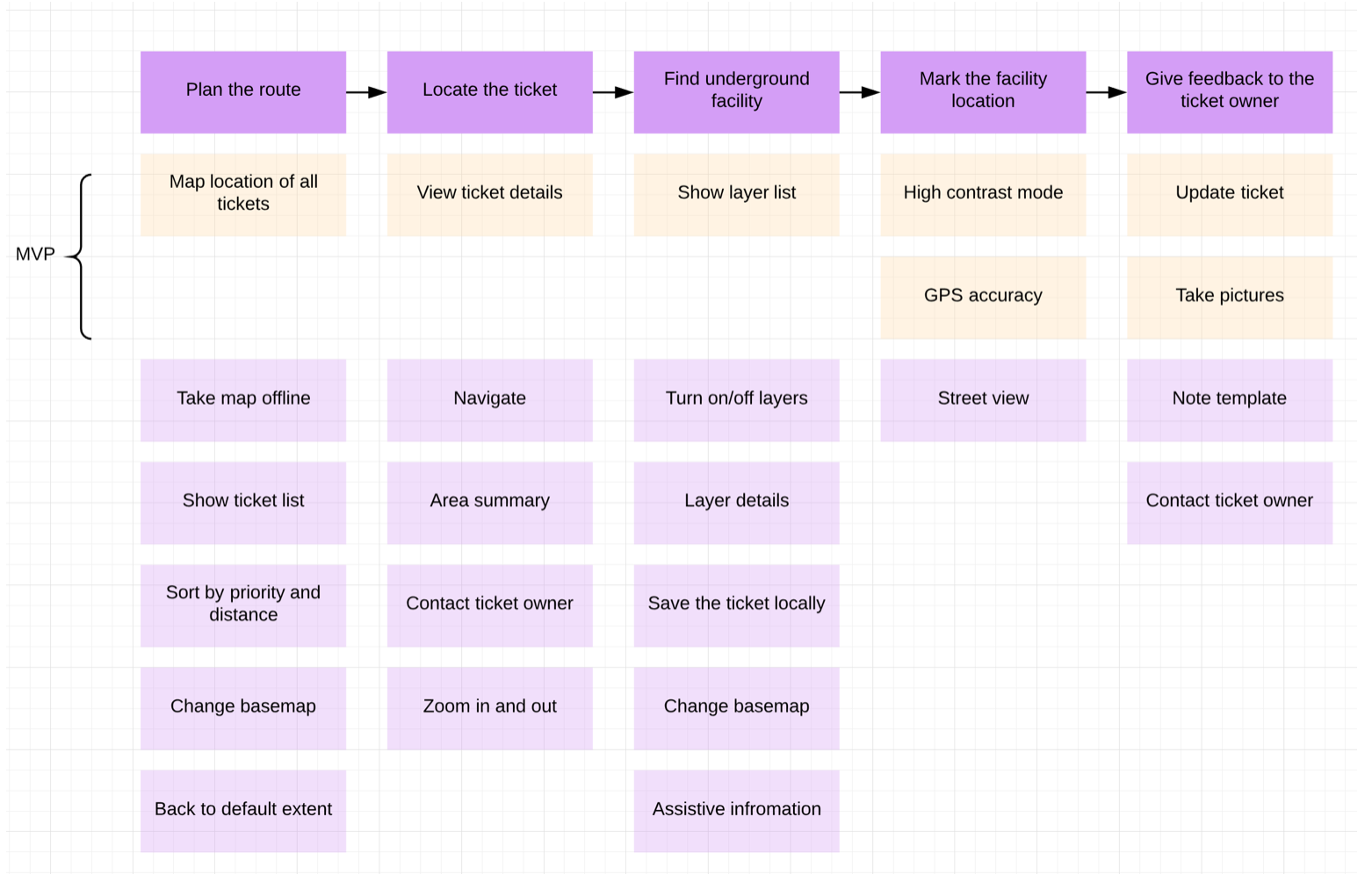811 workforce solution redefined
What is 811?
811 is the national call-before-you-dig phone number. Anyone who plans to dig should call 811 or go to their state 811 center’s website a few business days before digging to request that the approximate location of buried utilities be marked with paint or flags so that you don’t unintentionally dig into an underground utility line.
Our mission was to create an ultimate platform for all utility companies to process 811 work orders. The platform should facilitate their entire workflow, from scheduling work order to completing actual work tasks, and eventually providing feedback to the residents.
The challenge
Currently, 811 responders from different utility companies don’t have a centralized solution for responding to and processing work orders from 811 Dig Alert requests. Each utility company has their own system, some of them are even still using old school paper map to locate underground utility lines and notebook to record the feedback. This has resulted in a low efficiency and a high error rate.
The approach
Field study
“Never ask anyone what they want.”
Before the project was initiated, we had already gotten a handful of feature requests from potential customers (Utility companies). The initial plan was to create an app with all these features and call it a day. However, I always believe that a product is not a pile of features, just by achieving each requested feature does not guarantee a product that suits their actual workflow.
I decided to run an in-depth field study to find out what they really need by watching what they do.
I spent a whole days with a few inspectors from a utility company in California. I closely observed the activities he did to complete the job; how he made decisions; and the physical, emotional and social context of each activities, etc. I also recorded the workarounds that the inspectors had to do because of the limits of their current tools, so that we can focus on these tasks.
2. From goals to features
From the field research we got a clear picture of the tasks that they are faced with everyday. From that, we not only were able to rethink and prioritize the requested features, but also came up with creative solutions for the user obstacles that we observed.
3. Make product road map
I then worked with PM and developers to identify the key features to prioritize development resources.







